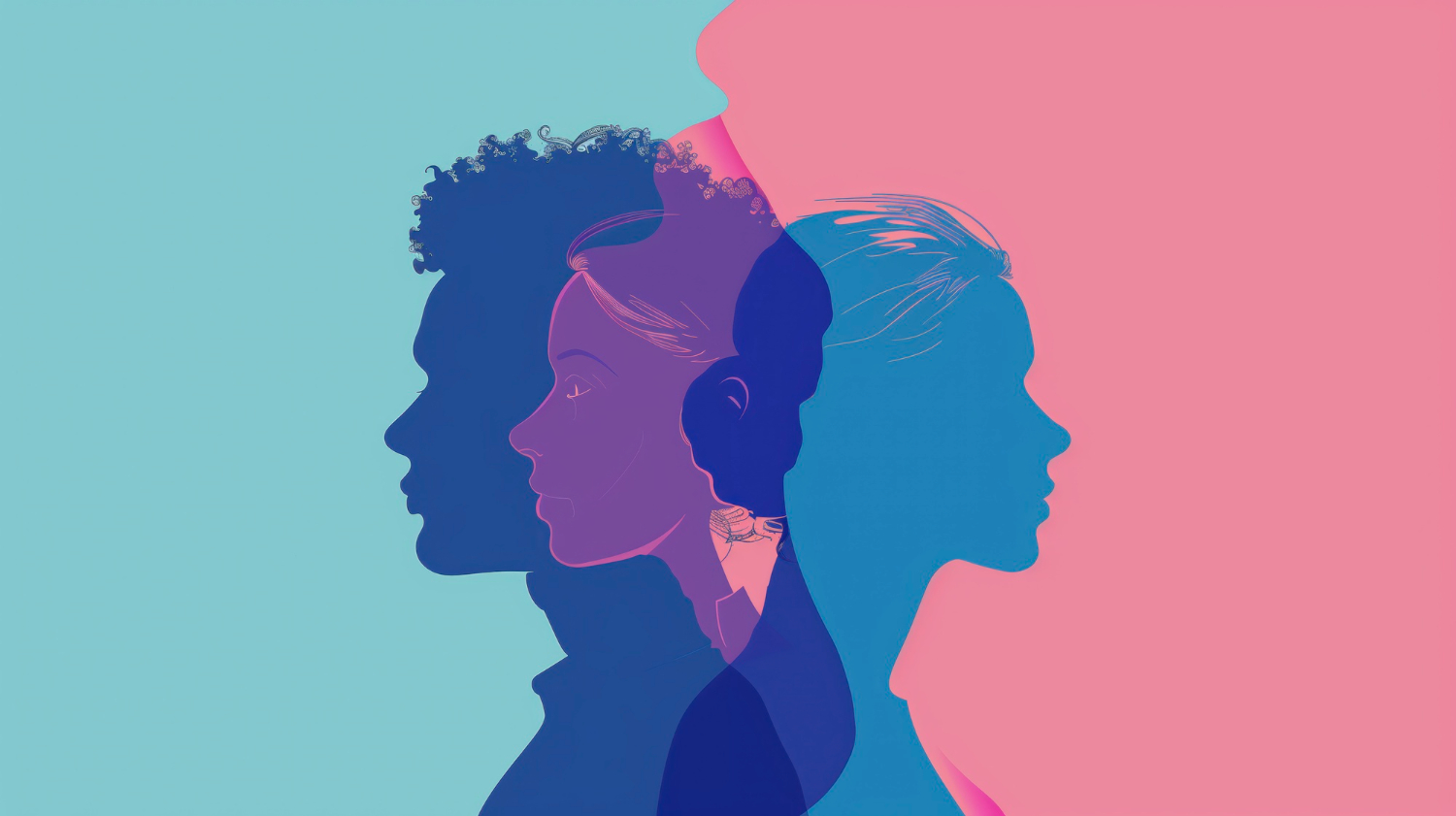In the Philippines. 17.5% of Filipino women aged 15-49 have faced some abuse from their intimate partners. This number highlights a significant problem society is left to face—high numbers of rape and abuse—especially since there are minors included in this statistic. It’s a stark reminder that the country urgently needs stronger protections for its most vulnerable population.
So, how do we try to lower this number? Well, there have been recent legislative changes related to raising the legal age to have sex in the Philippines from 12 to 16, one of the lowest consent ages globally.
This reform aligns with international standards and closes legal loopholes that leave minors vulnerable to exploitation and abuse. It’s a step forward but also sparks an important conversation about how to protect minors better from harm.
This blog will explore the significance of raising the age of consent, the gaps in the previous law, and the broader impact of this reform on child protection efforts in the Philippines.
The Recent Change: Raising the Age of Consent from 12 to 16
The age of sexual consent in the Philippines was previously set at just 12, one of the lowest in the world. This outdated law failed to adequately protect minors from sexual exploitation and abuse, often leaving cases unpunished.
In 2019, Senator Risa Hontiveros filed a bill raising the age of consent to 16, addressing loopholes that allowed such crimes to persist. Former President Rodrigo Duterte signed the bill into law in 2022. Under it, any adult engaging in sexual activities with someone under 16 is committing statutory rape unless the age gap is no more than three years and both parties consent.
This change aligns the Philippines with international standards, ensuring better protection for children.
Why This Change Matters for Child Protection
With the previous age of consent, minors were vulnerable to exploitation, trafficking, and abuse, often happening without legal recourse. The new law aims to make it more difficult for exploitative relationships to occur and ultimately protect children from these dangers.
Many countries worldwide have already set the age of consent to 16 or older. The law ensures the Philippines adheres to international child rights agreements, like the UN Convention on the Rights of the Child.
With clearer legal guidelines, law enforcement and child advocacy groups now have stronger tools to pursue justice for victims who can’t protect themselves. The law also allows authorities to take action more effectively against offenders and create a safer environment for children across the country.
Limitations and Areas for Further Improvement
While raising the legal age to have sex in the Philippines is a big step forward, there’s still more to be done to protect minors fully. Many 16-year-olds are still growing adolescents and may not be mature enough to consent. It shows that age limits alone aren’t enough—there are still limitations to address.
First is awareness and education. Many young people lack a clear understanding of healthy relationships and consent, leaving them vulnerable to exploitation. Without proper education, they may struggle to recognize unhealthy or abusive situations.
Second, minors need more access to support like counseling. Safe spaces are essential for children to seek help and avoid abuse, but these resources are often limited.
Finally, societal norms, particularly in rural areas, continue to normalize harmful practices like child marriage. Changing these beliefs requires more than just laws—it demands widespread education and community outreach to create a safer environment.
The Social and Cultural Impact of Raising the Age of Consent
Raising the age of sexual consent has the potential to reshape societal norms and cultural practices, particularly in regions where early relationships or marriages are more common.
Changing societal expectations
The law champions child welfare, encouraging a delayed approach to marriage and relationships. When people start rejecting the idea of early marriage, cultural change isn’t far behind. Society will soon see that children need more time to grow and develop emotionally before entering adult situations.
Local practices and resistance
In certain areas, particularly rural communities, traditional practices around early marriage may face resistance. For some, child marriage is deeply embedded in cultural norms. Changing these perceptions won’t be easy, and local leaders will play an essential role in helping their communities understand the benefits of this law and how it aligns with protecting young people.
Awareness and education campaigns
There must be a widespread effort to educate young people and adults—especially in rural areas—about the importance of consent, healthy relationships, and the emotional maturity needed for sexual activity.
Role of NGOs and Child Advocacy Groups in Supporting the New Law
Non-government agencies and child advocacy groups like Plan International and Save the Children played a vital role in advocating for the increase in the age of consent.
Their work includes providing grassroots education to shift cultural attitudes, especially in areas where early marriages and relationships are normalized. They serve as a bridge between the law and communities, ensuring the policy translates into real-world protection for minors and addressing systemic challenges like lack of awareness and limited support systems.
Towards a Safer Future for Filipino Children
The recent reform to raise the age of sexual consent marks a critical milestone in safeguarding children in the Philippines. It addresses longstanding gaps in protection, creating a safer environment for minors. However, actual progress also demands awareness, education, and resources for vulnerable communities to help uphold every child’s safety and rights.
At Pink Bunny, we believe in fostering empowerment, education, and safe spaces. Our commitment extends beyond our products, such as sex vibrators and adult toys. We promote meaningful conversations and informed choices that prioritize well-being.
Contact us to learn more about our initiatives and resources.




